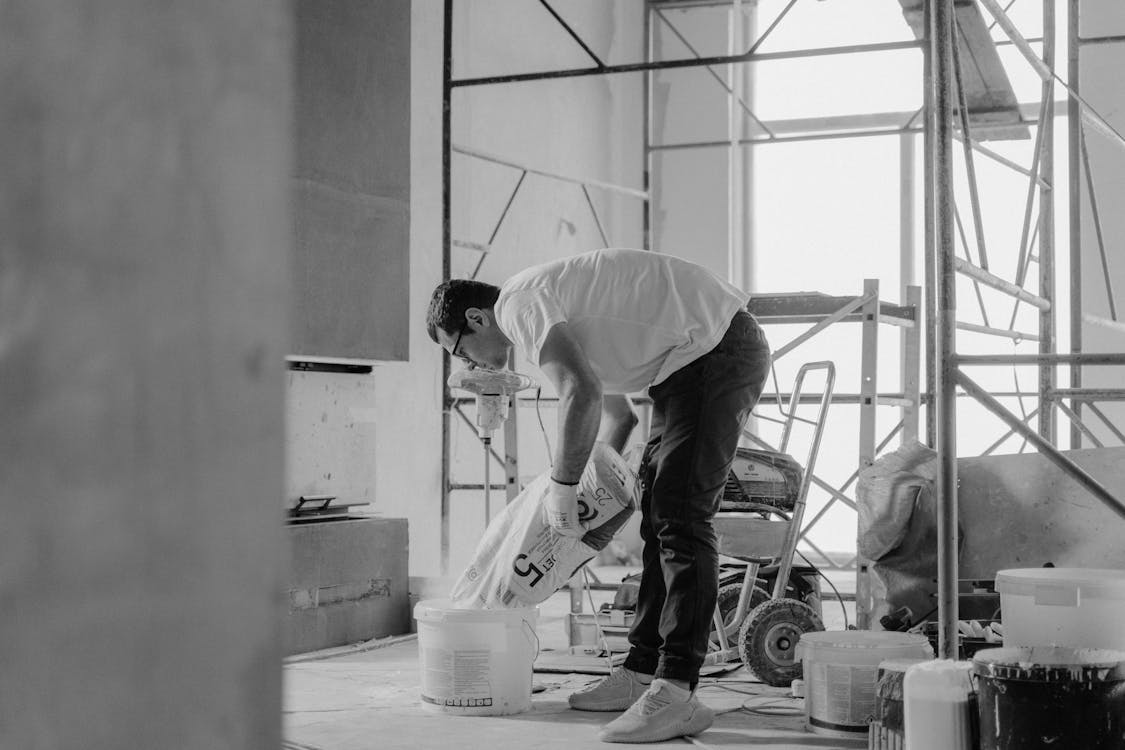Landlord Blog
Education and news for smart DIY landlords!
What Causes People to Overprice Their Homes?

When selling a home, one of the most critical decisions a homeowner faces is setting the asking price. Unfortunately, many sellers fall into the trap of overpricing their homes, which can lead to prolonged listings, reduced buyer interest, and ultimately, lower final sales prices. Several psychological, emotional, and practical factors contribute to this common mistake. Understanding these causes can help sellers price their homes more realistically and achieve a quicker, more successful sale.
1. Emotional Attachment
One of the primary reasons people overprice their homes is emotional attachment. A home is more than just a structure; it’s a place filled with memories, experiences, and sentimental value. Homeowners often struggle to separate their emotional ties from the financial realities of the market. They may believe that their home is worth more because of the personal significance it holds, leading them to set an asking price that reflects their feelings rather than market conditions.
2. Overestimating Renovations and Upgrades

Homeowners who have invested time and money in renovations or upgrades often expect to recoup the full cost of these improvements in the sale price. However, not all renovations add equal value to a home, and some may not appeal to all buyers. For example, while a kitchen remodel might increase the home’s value, a highly personalized design may not attract the same interest as a more universally appealing style. Sellers may overprice their homes because they overestimate the value that these upgrades add, failing to recognize that buyers may not share their enthusiasm for these changes.
Read more: Home Improvements With the Best ROI
3. Comparing to Other Listings
Another factor that leads to overpricing is the tendency to compare their homes to other listings in the neighborhood without considering key differences. Sellers often look at the listing prices of similar homes nearby and assume theirs should be priced similarly, regardless of differences in condition, size, or amenities. However, a home that is not in as good condition as a neighboring property, or that lacks certain features, may not command the same price. Sellers may also see high listing prices in their area and believe that their home should be priced at the top end of the market, even if it doesn’t justify such a price based on its features and condition.
4. Relying on Outdated Market Data
The real estate market is dynamic, with prices fluctuating based on various factors such as interest rates, economic conditions, and local supply and demand. Sellers who rely on outdated market data may overprice their homes because they’re basing their decisions on what their home might have been worth in a stronger market. If they’re not up to date on current trends, they might set a price that’s out of sync with what buyers are currently willing to pay.
Read more: How to Conduct Real Estate Market Research
5. Fear of Undervaluing
Many sellers fear that pricing their home too low will result in leaving money on the table. This fear can lead to an inflated asking price as a form of “insurance” against undervaluing their property. However, this strategy often backfires. A home that’s priced too high can sit on the market for an extended period, becoming “stale” and eventually selling for less than it might have if it had been priced correctly from the start.
Discover: 10 Helpful Tips on How to Price Your Home for Sale
Conclusion
Overpricing a home is a common mistake driven by emotional attachment, overestimation of upgrades, comparisons with other listings, reliance on outdated market data, and the fear of undervaluing. Sellers who take the time to understand the true market value of their homes, often with the help of a real estate professional, can avoid these pitfalls. By setting a realistic price, they can attract serious buyers, reduce the time their home spends on the market, and achieve a more successful sale.
